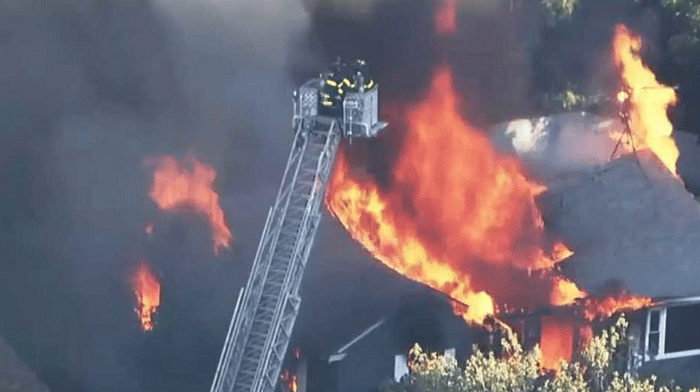When’s the Next Gas Explosion? – Beacon Hill Recap

To beat the odds, you have to play the game. And this week, much like this election cycle, there were a lot of people trying to beat the odds.
The fantasy of becoming a billionaire captivated thousands who were buying up Mega Millions tickets at a rate of 13,000 a minute. The fact that one needed to overcome odds of 1 in 258,890,850 didn't seem to matter much, and one person from South Carolina did.
